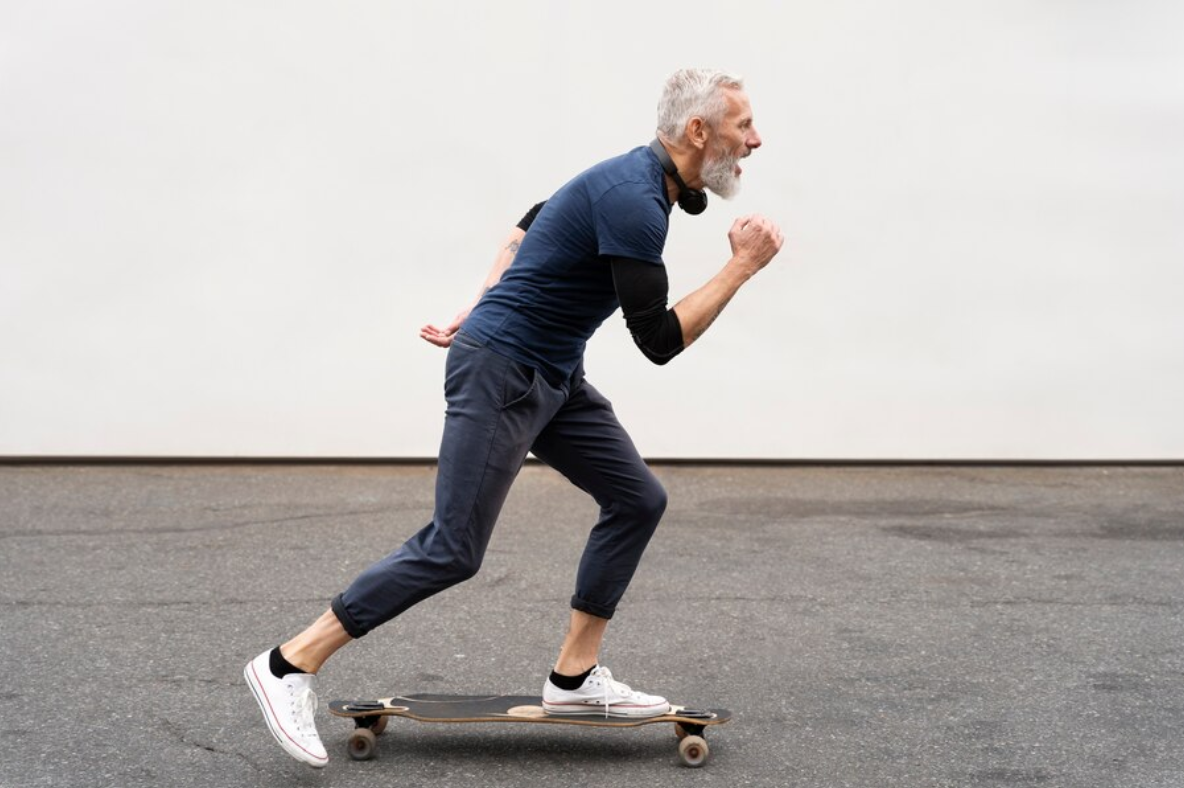Balance Awareness Week, observed every third week in September, is about celebrating stability. Many of us have experienced brief moments of dizziness and short-term vertigo that passes after the intake of food or water, a change in physical activity, or recovery from illness. However, more than 69 million U.S. adults over age 40 have experienced “vestibular dysfunction”, a condition that disrupts the body’s balance system. So, what does balance have to do with hearing health?
 Research is increasingly suggesting that hearing loss is a significant contributor to falls among older individuals. And unfortunately, one in every five falls results in injury for an older adult, and about 3 million of these need treatment in emergency rooms each year.1
Research is increasingly suggesting that hearing loss is a significant contributor to falls among older individuals. And unfortunately, one in every five falls results in injury for an older adult, and about 3 million of these need treatment in emergency rooms each year.1
We know that the incidence of hearing loss increases as we get older.2 This often results in social isolation which leads to less movement, which may then lead to an even greater fall risk. Since our hearing and balance systems are linked together to provide information to our brain, auditory cues can help those with poor balance. Individuals aged 40-69 with a mild hearing loss of 25-40 decibels (dB) show three times the risk of a fall than those with normal hearing, and for every 10 dB of hearing loss, there is a 1.4-fold increased risk of falling.3
What are the reasons for the increased risk of falls from hearing loss?
If your hearing loss is causing you to work harder to understand and interpret sound, it takes away brain capacity that could be used for balance and depth perception. There is evidence that our sense of balance begins to decline around age 40. Our sense of balance is a combination of multiple inputs from what we hear in addition to our muscles, joints, and vision.
How to decrease your risk of falls and injury
Fall prevention can come from taking care of your motor skills, vision, and hearing. Walking and doing balance exercises can help to strengthen muscles with as little as two 15-20 minutes sessions per week. An annual vision check is recommended, along with keeping your glasses or contacts prescription up to date. And don’t forget to schedule a hearing check-up to be sure both your hearing and your vestibular (balance) systems are working well. If your hearing test indicates that you could benefit from treatment, discuss hearing aids, implants, or other assistive technology options with your hearing professional to learn what would work best for you. You can learn more about hearing health and find a licensed hearing care professional here. In summary, better hearing can contribute not only to better overall health but can reduce your risk of falls and hospitalization.